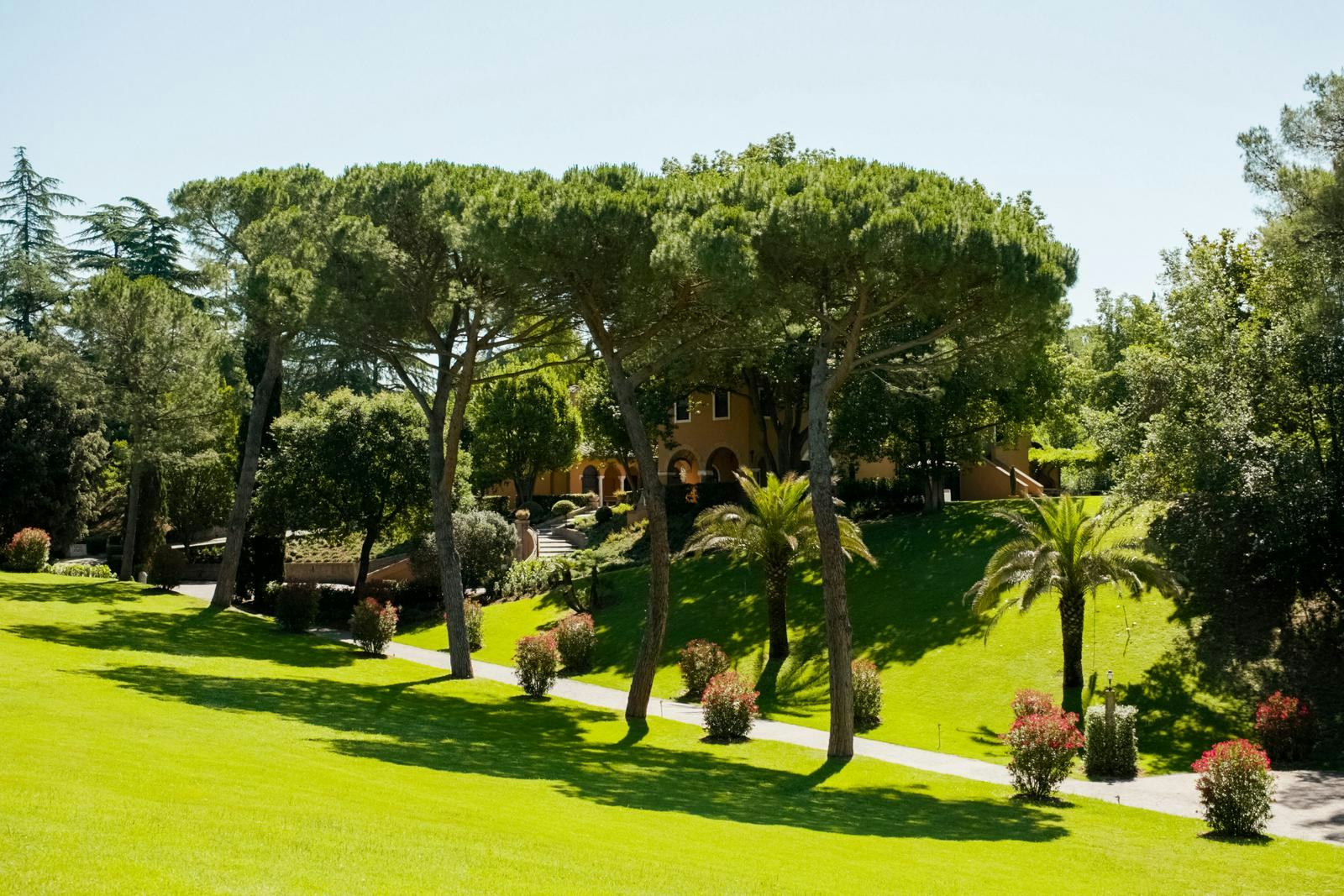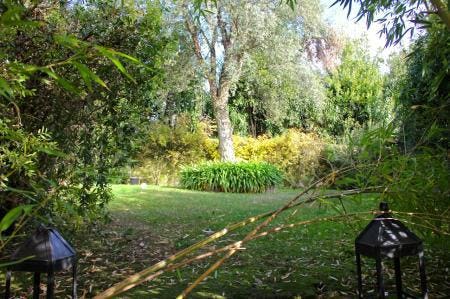- Loading...
Villa di Livio. Lose yourself Living the History of Marcigliana’s Nature Sanctuary
ROME, Marcigliana. Villa di Livio. Splendid property, very attractive, ensconced in Marcigliana’s Nature Sanctuary.
- Ref. IWL37
- 1.950 sqm.
- 20 Bedrooms
- 23 Bathrooms
ROME, Marcigliana. Villa di Livio. Splendid property, very attractive, ensconced in Marcigliana’s Nature Sanctuary. A well-secluded oasis of tranquillity just minutes from downtown. Great location, easily reached.
This 84,000-square-meter property off Via della Marcigliana includes four main buildings and other outbuildings for shops and services.
- Roman Villa: an historic four-story structure, with nearly 1,200 square meters floor space, is the main residence, endowed with quality finishing touches. The Villa—previously cited in the wise text of authors Lorenzo Quilici and Stefanía Quilici Gigli, Old Latium, Part 3, “Crustumerium”—is enriched by numerous Roman Epoch archeological finds, recorded with Soprintendenza Speciale Archeologica Fine Arts and Rome’s Landscape as a private collection—Prot. No. 12990/18.
- The Annex: made for residential use, its two levels of nearly 150 square meters floor space.
- The Caretaker’s House: built for residential use, one story, roughly 70 square meters [floor space].
- The Guest House: also built for housing, its two levels of roughly 100 square meters [floor space] and private courtyard.
The Estate’s amenities include: swimming pool, tennis court, Roman bath, horse track as well as an entire private forested hill sporting nature paths and impressive grottos of considerable size. A true refuge … a one-time opportunity.
VIRTUAL TOUR
https://roundme.com/tour/284073/view/895213
DETAILS
Structures comprised:
- Historic Estate
- Roman Villa
- Annex
- Guest lodgings
- Caretaker lodgings
ARCHEOLOGICAL ASSETS
- Private collection comprised of 156 archaeological finds
AREAS (in square meters)
- 1,500 sqm indoors
- 1,950 commercial square meters
- 84,000 sqm park and grounds
SERVICES
- Swimming pool
- Tennis court
THE NATURE SANCTUARY’S HISTORY
After wars ensuring Rome’s supremacy over the Italian peninsula and the Western Mediterranean (Fourth and Third Centuries B.C.), peasants deserted the countryside and enlisted in the army. Battleground victories thus caused in part both the ancients’ agricultural balance crises and a new productive course’s inception as well, thanks to the newly conquered available lands and captured slaves.
At the outset of the Second Century B.C., three forms of property existed: the smallish estate, whose owners worked the land; the large landed estate, one sole owner’s vast holdings, divided among many free workmen or slaves; [and] the villa, a medium-size estate worked solely by slaves, managed and handled by the estate manager, called overseer, where the owner occasionally lived. The villa, as a business model, became the mainstay of Roman economy from the Second Century B.C. to the Second Century A.D., forcing itself on Mediterranean markets and also spreading to the peninsula’s central regions, like Etruria, Lazio and Campania.
The villa’s structure was divided among: the master quarters, that is, the residential area where the owner lived in comfort and luxury, and the laborers’ quarters, set aside for slaves, animals and tool sheds. Lastly, the storehouses, used to process and preserve the produce.
Between the Second Century B.C. and the Second Century A.D., villas for farming must have been spread throughout the countryside of Montesacro Municipality and the Marcigliana Nature Sanctuary, as so many archeological discoveries of amphora fragments and those of larger food containers attest. From ancient sources we know that the crops grown mainly centered on cultivating olives, vineyards, orchards and vegetable gardens.
An early sign of the Crustumine rural territory’s fertility comes from Livio, who recounts how from Romulus’ time, followed by the taking of Crustumerium after the notorious rape of the Sabine women, “numerous Roman settlers offered to migrate to Crustumine territory, by reason of the soil’s very fertility.”—Livio, I, 11, 4.
Price
€ 2.900.000
- Loading...
Price




































